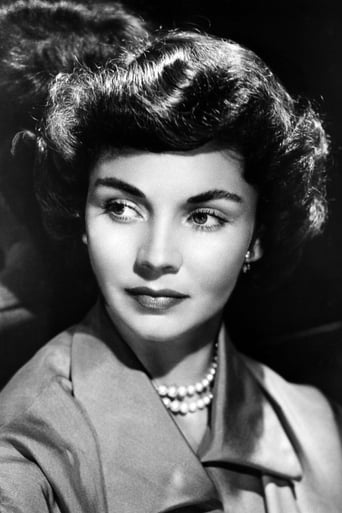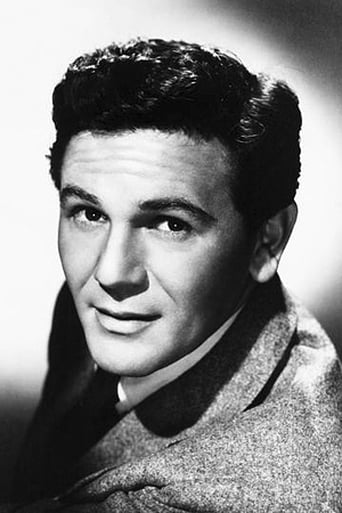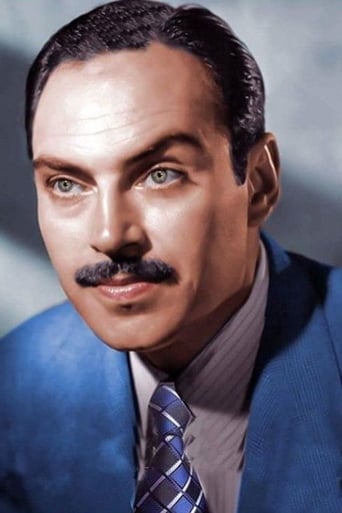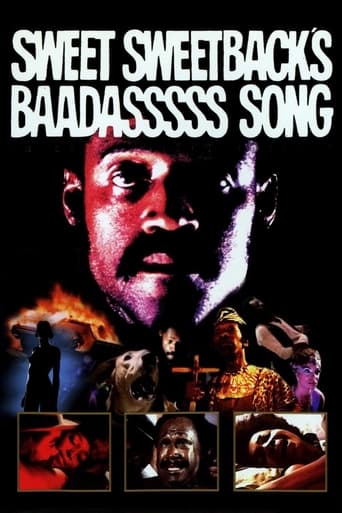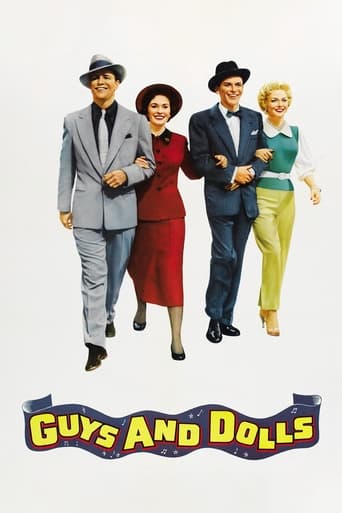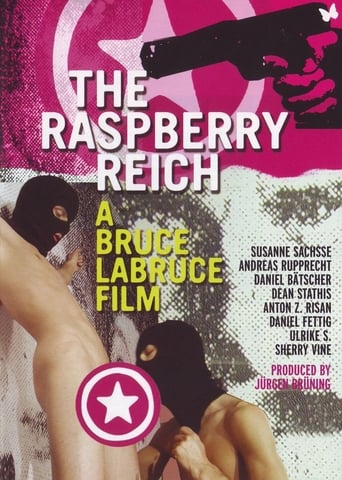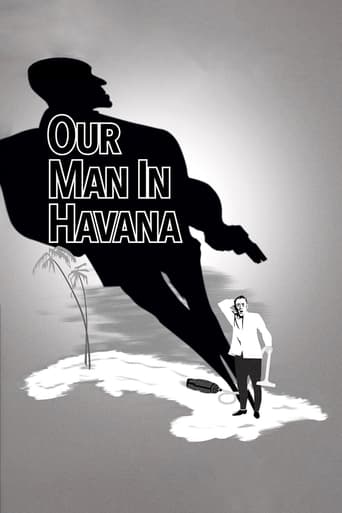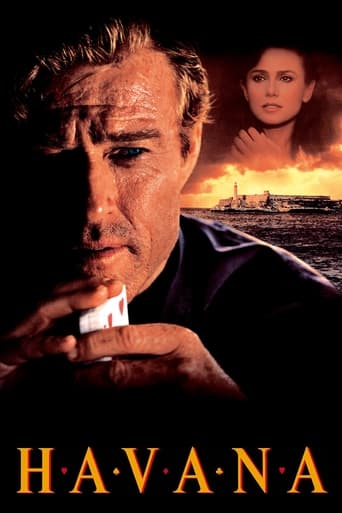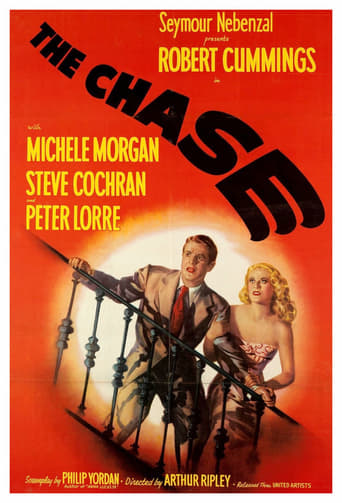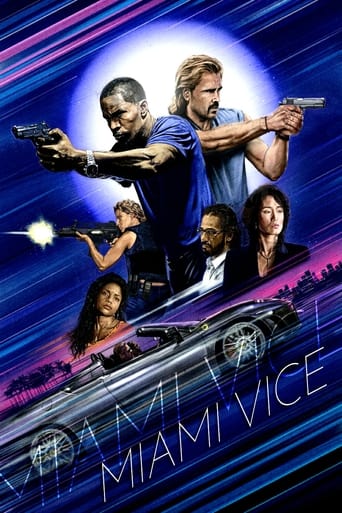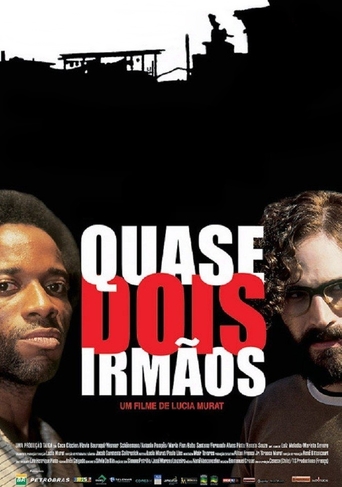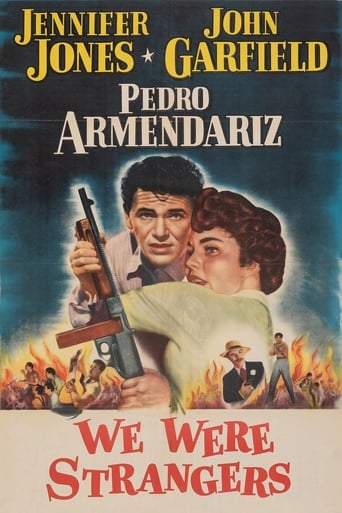
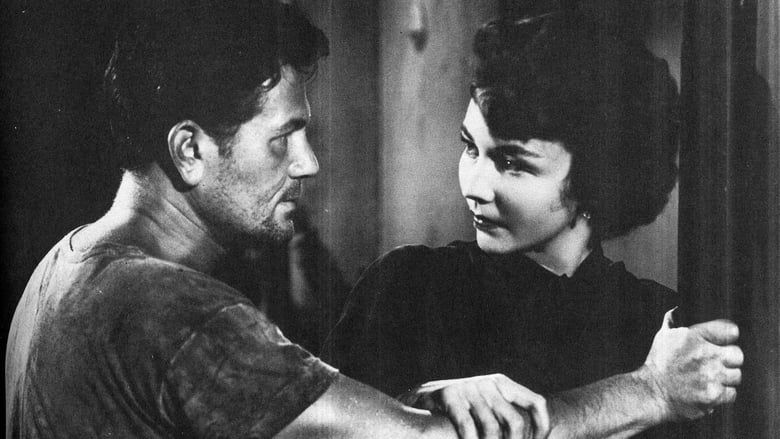
We Were Strangers (1949)
China Valdes joins the Cuban underground after her brother is killed by the chief of the secret police, Ariete. She meets and falls in love with American expatriate Tony Fenner. Tony develops a plan to tunnel under the city's cemetery to a plot owned by a high official, assassinate him, and blow up the whole Cuban hierarchy at the ensuing state funeral. Together with a band of dedicated revolutionaries, they begin digging.
Watch Trailer
Cast


Similar titles
Reviews
Good movie, but the point - there are noble American individuals who spend a lot of their money, time and energy just to liberate people around the world and bring them freedom and justice they dream of - is simply stupid. Unfortunately, many prominent intellectuals like Huston believe(d) in this. But what has ever changed for that people and country, after they managed to 'liberate' them? You think people in Afghanistan, Balkan live better now? That Iraqis and Libyans are happier without Husein and Gaddafi now? Whom Americans enabled to rule before that... There were/are Americans who support battles against foreign regimes (not only with words), but they do it all for their own interest in that country, not cause they're humanitarians. They all end up powerful and very reach after they use naive 'revolutionaries' who give their lives to the 'great cause'. The Godfather II puts it much better.
Cuban-accented Jennifer Jones (as China Valdes) watches as her 19-year-old brother is shot protesting the island's tyrannical government. Vengeful, she joins the revolutionary underground. Accepted in the resistance, Ms. Jones finds romance with Havana-born John Garfield (as Tony Fenner), who returns from the US to becomes a partner. On her first assignment, Jones re-encounters Pedro Armendariz (as Armando Ariete), who shot her brother. They meet organizer Ramon Novarro (the Chief), who plots government overthrow, with a plan developed by Mr. Garfield. Also in the group is Gilbert Roland (as Guillermo), a "silent" movie star along with Mr. Novarro. "We Were Strangers" is tense and involving at times, but it doesn't always seem authentic.****** We Were Strangers (4/27/39) John Huston ~ Jennifer Jones, John Garfield, Pedro Armendariz, Ramon Novarro
Tony Montana and Tony Fenner. The former was the main character in Scarface, the latter in We Were Strangers. The parallels between both characters and both movies is uncanny. Both movies involve characters named Tony interacting on some level with corrupt police. Both include beautiful yet troubled women. Both involve Hispanic characters yet both Tonys are portrayed by non-Hispanic actors. Both movies glorify violence. In both movies each Tony is brooding, moody and when provoked capable of extreme violence. Both Tonys are anti-authoritarian and do not run away. The physical resemblance between John Garfield and Al Pacino is also uncanny. Also, both movies contain unmistakable political overtones involving the political situation in Cuba. Gilbert Roland's performance is outstanding. Jennifer Jones's performance is powerful. Equally noteworthy is Pedro Armendariz's outstanding performance as the corrupt and unstable Chief of Police. As the saying goes, they don't make 'em like this anymore.
As the bombastic credit music fades, a prologue rolls across the screen, laying out the historical situation in black and white: evil government, heroic rebels. The opening scene presents the Cuban Senate passing a bill to outlaw all public assemblies. Just as your heart is sinking at the prospect of a heavy-handed and simple-minded pageant, the style of the scene changes. The senators are told to stand if they are in favor of the bill, and a few rise immediately. Then, one by one, in a series of close-ups, the senators glance around nervously, feeling the pressure to conform, look craven or embarrassed or merely indifferent, and stand. I've never seen a more subtly scathing attack on politicians, and it works because it's visual, not verbal. Instead of lecturing us, it lets us see for ourselves.WE WERE STRANGERS is exceptionally well-directed by John Huston, shot not just with flair but with moments of disorienting originality, and inkier shadows than many a film noir (the actors' faces often half-obliterated by darkness.) The script is even more surprising, and it's hard to believe this film was made in Hollywood during the McCarthy era, or indeed any era, since it condones not only assassination but the murder of innocent bystanders for political ends. It stars John Garfield and Jennifer Jones as Cuban revolutionaries and features lame Hispanic accents and some atrocious back-projection scenes in which the actors appear to be walking in place in front of a movie screen. It could be a disaster, but instead it's gripping and fascinating; not a complete success, but both unexpected and unforgettable.Set in Havana, the story centers on China Valdez (Jones), a proper young woman whose brother, a member of the revolutionary underground, is shot down in front of her eyes after passing out leaflets. Bitter and burning for revenge, China joins the underground and volunteers for a project headed by an American, Tony Fenner (Garfield) to wipe out the entire government by assassinating a high-ranking politician and then bombing his funeral. The small band of rebels moves into China's house, digging a tunnel from the basement to the family mausoleum of the intended victim. The group includes a relaxed, rumba-singing dock-worker (Gilbert Roland) and a wealthy university student who goes crazy with guilt because the man they plan to murder is a family friend. Meanwhile China is shadowed by Ariete, the secret police man who killed her brother: an oily, menacing villain whose suspicions of China are heightened by his lust for her and obsessive jealousy of Fenner.Granted, Jennifer Jones looks ridiculously glamorous; even after she has joined in digging through the rotting corpses of the graveyard she appears in every scene with flawless eye makeup, crisp sexy blouse and upswept hairdo. Granted, her accent is on a par with Natalie Wood's in WEST SIDE STORY (all of the "Cubans" speak accented English; Garfield, thank heavens, speaks in his usual Bronx-bred tones) But Jones is good, wearing a hardened, mask-like face that barely conceals her terror whenever Ariete pops up. They have a terrific if obvious scene together, in which China sits rigid with mounting disgust and panic as Ariete messily devours a crab, pounding and crunching and slurping, gulping rum and getting drunker and sweatier as he tells her that he's really a man of sentiment and honor.Garfield's performance is not at all what you'd expect; he's so restrained, in his early scenes he seems almost drugged. We never learn much about his character, a ruthless, efficient mastermind. Once he trades his light tropical suit for a grimy t-shirt, he becomes a more familiar Garfield: skin glistening with mud and sweat as he digs, he exudes grit and sex appeal and lets his façade crack to show vulnerability. With little build-up, he and Jones fall into a predictable clinch, in a scene unforgettably shot in pitch blackness with spare flashes of lightning. The triumph of his performance is that he never tries to make Fenner likable, charming or heroic; the irresistible Garfield grin is nowhere in sight. He's callous, laconic and impassive, yet somehow his charisma is overpowering. Because he was so intense and unafraid of emotion, I've never thought of John Garfield as an under-actor, but in his late performances it's remarkable how little he actually does. He gets tremendous effects out of stillness, often just watching and listening to his busier co-stars. You feel what he feels, almost physically; he has no need for pantomime.*********SPOILERS BELOW****************WE WERE STRANGERS is a blend of stark honesty and Hollywood clichés, brilliant direction and cheesy effects. Unfortunately, at the end, Hollywood wins. Garfield gets to go out in style, holed up with his true love, blasting away with a machine gun, lighting sticks of dynamite from his cigarette and lobbing them like hand grenades at the police. Jennifer Jones makes a hokey speech over his corpseand then the revolution breaks out and in five minutes the government topples! The film never really comes to terms with its endorsement of mass murder (Gilbert Roland insouciantly sings, "What is wrong and what is right / Will be decided by dynamite"), and it's hard to say whether it shows honorable ambivalence or shameful woolly-mindedness. But I came away from this strange, flawed, feverish movie electrified. How did it ever sneak out of 1940s Hollywood?


